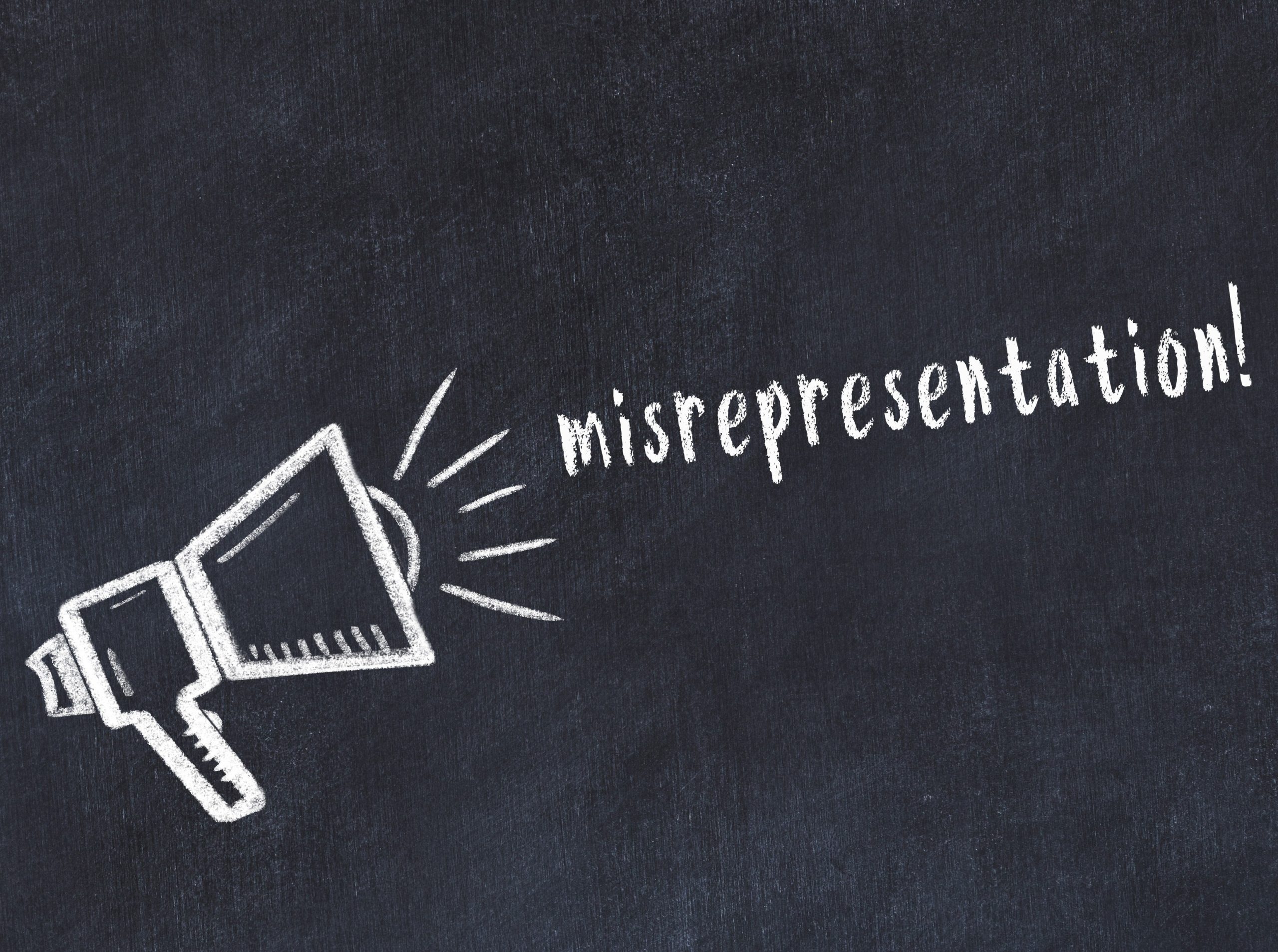Florida’s Second District Court of Appeal issued an opinion yesterday in Brito v. Citizens Property Insurance Corporation that is a significant win for policyholders. 1 At the center of the case was a dispute over how damages should be measured and presented to a jury when an insurer has outright denied coverage for a loss. The court’s ruling reversed a directed verdict that had been entered in favor of Citizens, holding that the trial court misapplied Florida law by limiting the policyholders to actual cash value damages and excluding critical expert testimony.
The case arose when the policyholders filed a claim with Citizens Property Insurance Corporation for wind damage to their home’s roof. Citizens denied the claim entirely, asserting the damage was caused by wear and tear, which is excluded under the policy. The homeowners then filed suit for breach of contract, alleging they were entitled to the full replacement cost of the damage under the terms of their insurance policy and Florida Statute § 627.7011. As part of their evidence, they presented expert testimony to establish the nature of the damage and the cost of repairs.
Dennis James, a licensed general and roofing contractor, was a key expert witness for the policyholders. He was retained to assess the damage and provide an estimate for the necessary repairs. Utilizing industry-standard software, James calculated both the replacement cost value and the actual cash value of repairs for various parts of the home, including the roof and interior rooms. His estimate was based in part on findings from the policyholders’ engineering expert, who had determined that the roof needed to be replaced due to extensive damage and compliance with Florida Building Code requirements. However, the trial court, agreeing with Citizens’ motion in limine, restricted his testimony to actual cash value and excluded the full estimate document from evidence because it included replacement cost values. Following the trial, the policyholders appealed.
On appeal, Citizens argued that under the policy and state law, replacement cost coverage was only payable after the insureds actually completed the repairs and incurred those costs. They contended that because the policyholders had not done the repairs prior to trial, they were limited to recovering only actual cash value. Citizens further maintained that any estimate, including matching costs or code upgrades, was outside the scope of the policy’s coverage. They relied heavily on the Third District’s decision in Vazquez v. Citizens, 2 which limited recoverable damages in a case where the insurer had accepted coverage but disputed the amount.
In contrast, the policyholders’ appellate brief leaned on the Third District’s ruling in Citizens v. Tio, which held that when an insurer has denied coverage outright, it cannot then use the policy’s payment timing provisions to limit the insured’s recovery at trial. 3 They argued that the loss should have been adjusted on a replacement cost basis from the outset and that the trial court’s decision to exclude evidence of those costs deprived them of their rights under the policy and Florida law.
The Second District Court of Appeal sided with the policyholders, reversing the trial court’s ruling. It held that the trial court erred in restricting the measure of damages to actual cash value and in excluding Dennis James’s estimate. The court emphasized that both the policy and the statute apply to “covered losses” and that once an insurer has denied coverage entirely, it cannot rely on policy provisions about timing of payments to limit the insured’s right to present evidence of replacement costs in a breach of contract action. The court explicitly aligned with the reasoning in Tio and certified conflict with the Fourth District’s more recent decision in Qureshi, 4 which had taken the opposite approach.
In a concurring opinion, Judge Atkinson added that the insurer’s argument was logically flawed. He explained that damages in a breach of contract case are meant to place the injured party in the position they would have been in had the contract not been breached. In this context, that includes both actual cash value and the replacement cost coverage the insurer would have paid had it acknowledged coverage. He rejected the notion that the insureds had to first complete repairs out-of-pocket before seeking those damages, particularly when the insurer had refused to acknowledge the claim at all. While he expressed some hesitation about applying the doctrine of prevention, he strongly agreed with the broader principle that denial of coverage cannot be used as a shield to limit damages at trial.
This decision is a clear affirmation of the rights of Florida homeowners under replacement cost policies. It reinforces that insurers who deny coverage cannot later rely on technical provisions to narrow the damages a jury may consider. It also recognized the importance of expert testimony in presenting a comprehensive picture of loss and damages, and reestablishes the principle that justice should not be contingent on a policyholder’s ability to finance repairs before securing the benefits for which they paid. For policyholders, this holding is a step in the right direction when insurers fail to honor their promises.
Thought For The Day
“The secret of change is to focus all of your energy not on fighting the old, but on building the new.”
—Dan Millman
1 Brito v. Citizens Prop. Ins. Corp., No. 2D24-664 (2d DCA June 18, 2025).
2 Vazquez v. Citizens Prop. Ins. Corp., 304 So. 3d 1280 (Fla. 3d DCA 2020).
3 Citizens Prop. Ins. Corp. v. Tio, 304 So. 3d 1278 (Fla. 3d DCA).
4 Universal Prop. & Cas. Ins. Co. v. Qureshi, 396 So. 3d 564 (Fla. 4th DCA 2024).




